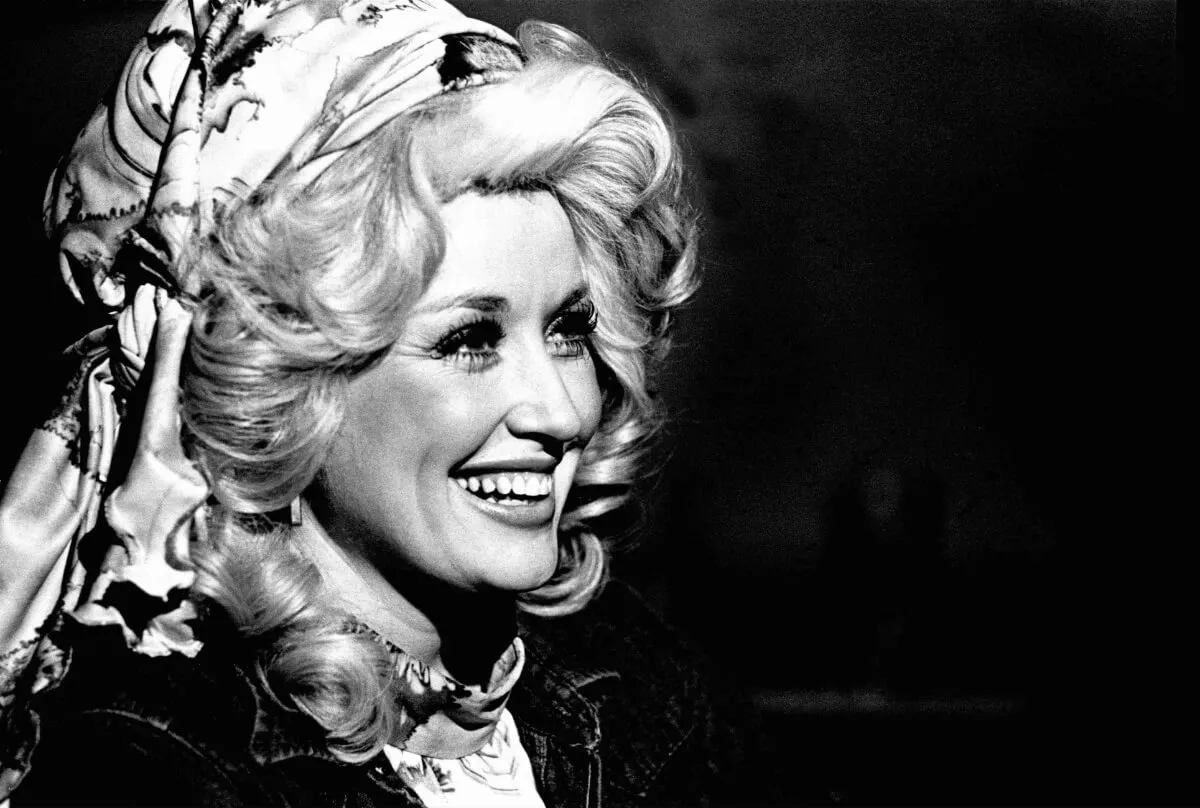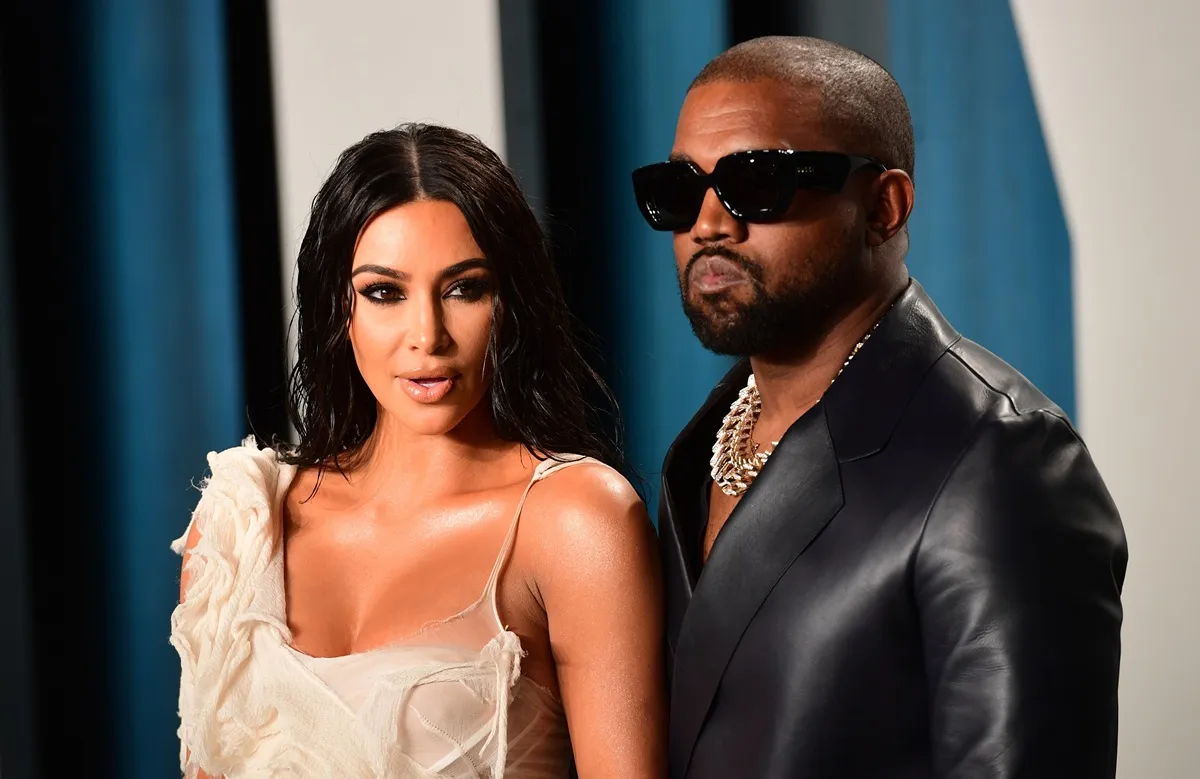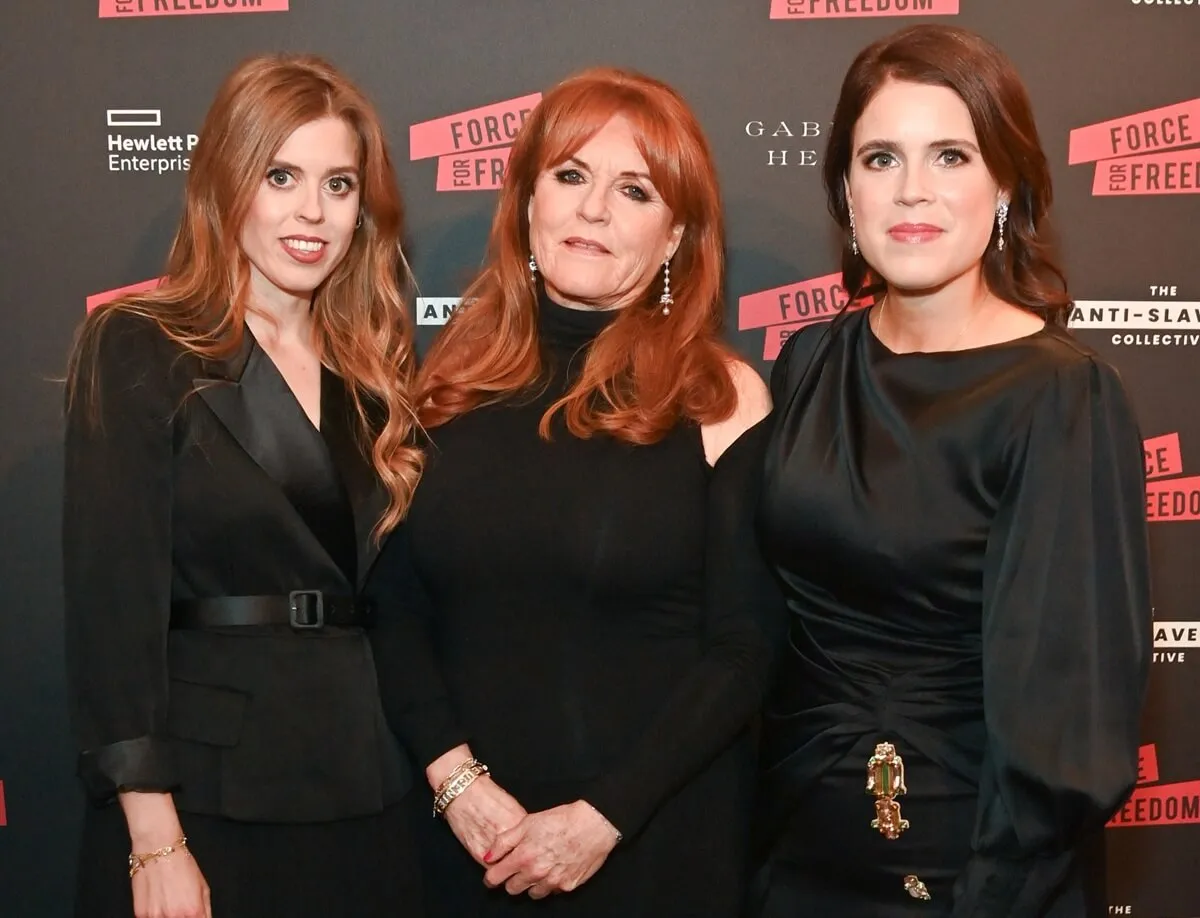
Dolly Parton Chewed Multiple People Out After a ‘Degrading’ Lawsuit
In the early 1980s, a songwriting team filed a lawsuit against Dolly Parton for the song she wrote for 9 to 5. The songwriters claimed that Parton’s Oscar-nominated song sounded just like something they wrote. The lawsuit shook out in Parton’s favor, but she said it humiliated her. It inspired her to confront people she felt were dragging her down.
Dolly Parton said a lawsuit humiliated her
In 1985, Parton went to court to testify that her song “9 to 5” did not take any inspiration from the song “Money World” written by songwriters Jan and Neil Goldberg. They were suing her for $1 million in a copyright infringement suit. Parton believed it should be obvious to any listener that the songs didn’t sound alike. Still, the lawsuit came as a blow.
“So degrading,” Parton said, per the book Dolly on Dolly. “One of the most painful things I’ve ever gone through. It damaged my reputation, I think, because there’ll always be some people out there who think I would stoop so low as to steal from working people. Hell, I know how hard it is to get a break in this business. Besides, there were only five musical notes in question, and they have been used in a hundred songs.”
Ultimately, the jury ruled in her favor. It didn’t take them long to come to their decision.
“The jury was out for twenty minutes, and we won,” Parton said. “The court awarded me attorney’s fees, which is a lot of money. Then the couple who sued me tried to get a retrial, claiming I charmed the jury because I played songs on the witness stand. The retrial was denied, and then they actually started trying to get me to record some of their songs.”
Dolly Parton wrote several strongly worded letters after the lawsuit
The lawsuit came at a difficult time in Parton’s life. She had recently dealt with health problems and was at her lowest-ever emotional point. After the trial was over, she decided to get her life in order. She began by dealing with several personal complications.
“I got up early that morning and went straight to a list of names I’d made,” she said. “I wrote letters to four people, some family, some business, who I had let mess with my head. They’re people who’d had the upper hand on me for years. When I saw them comin’, I’d cringe. When they called, I wasn’t in.”
She didn’t mince words in her letters.
“The letters were very blunt,” she explained. “They said, I’m not going to put up with your B.S. anymore. You have no control over me and little control of yourself, so you should examine things very carefully. Then I made some phone calls, too. I decided to get all the grief and worries over irresponsible people out of my life.”
Ultimately, the letters were a success. The recipients didn’t react poorly. Parton said her relationships with them actually improved.
“And it worked — it really cleared the air,” she said. “I’m perfectly comfortable with those people now.”
She faced another legal matter earlier in her career
Several years before this, Parton didn’t have as much luck with a lawsuit. Porter Wagoner sued her after she left his show, and she decided it would be easier to just settle out of court.
“Porter Wagoner filed suit against me for approximately three million dollars, claiming he had made me a star and was entitled to a percentage of my career for life,” Parton wrote in her book Dolly: My Life and Other Unfinished Business. “I could have probably won the case in court, but to spare Carl and my family the heartache a long, bitter court fight would have caused, I agreed to settle out of court for around one million dollars.”
This was an enormous amount of money for her, but she scraped together the necessary funds.
“I paid the debt. It took everything I had, everything Carl had, everything I could make for years to come, but I paid it,” she wrote. “I made up my mind that if he could live with it, I could live without it. I have done all right without it. I suppose Porter has done all right with it. I am neither his conscience nor his accountant.”
Unsurprisingly, this did significant damage to Parton and Wagoner’s relationship, but they were on better terms when he died.


